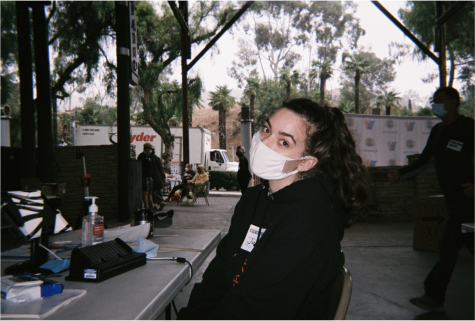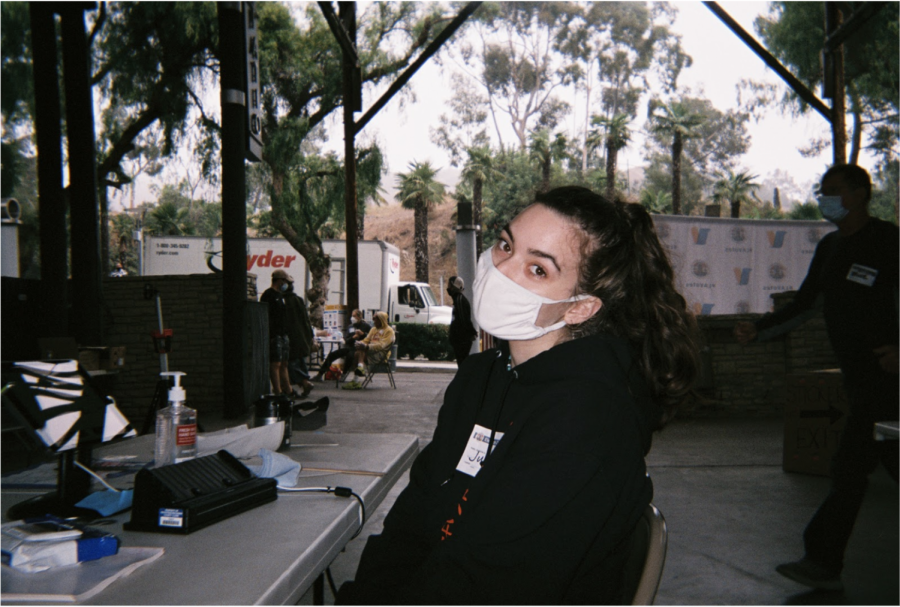How to Be Politically Engaged as a Student
December 14, 2020

On Saturday November 7th, after the election officially ended and President-elect Joe Biden came out of a tumultuous year and campaign victorious, there was a universal feeling of calm. For at least one day, our hyper engagement with the political world could subside. During that Saturday, “the calm” and celebration fell upon me as well, yet something else rose in me, a need to do more, to keep this similar energy and engagement for every opportunity in this continued democratic process. Yet, there is an impediment of knowledge for those young people who want to engage, especially for those under 18 and growing into this new political world.
You can phone bank for a campaign to not only benefit your preferred candidate or cause, but encourage voter engagement. Possibly reminding a voter to change their address on their registration, reminding them to catch up on the news, to research about their community needs, etc. This is a great option for those 18 and under who may not have the capability or schedule (like many Marymount girls do) to engage on a more time-consuming scale.
Another amazing option if you’re ready to thrust yourself into the democratic process is working at the polls. This option is open to any student 16 or older, with permission from a teacher and a parent/guardian. It is a strenuous job with days ranging from 11 to 15 hours, and interactions repeated a multitude of times. But personally, the facilitation of the voting process is one of the most rewarding experiences I’ve ever engaged in. You can poll work during primary, midterm, or major elections. There are numerous programs that exist in order to engage more young people in poll working, such as Power the Polls or Poll Hero. This is an excellent option if you have the urge to completely engage in democracy.
If you have the financial capabilities, your donation to a campaign can really make an impact. It benefits any campaign or program you are passionate about: campaigns and programs survive off of money, not only from large corporate donations (although those are crucial), but from grassroot efforts.
Though these options are all excellent in their own respect, the most important part of political engagement is knowing your community and those who run it. Who is your mayor, your district attorney, your sheriff? What have they done to the benefit or detriment of your community? Be conscious of every decision you make on your ballot, for your decision will always affect someone. Be educated, watch and read the news, talk to people in our own Marymount community, try to understand the diverse and plethoric environment we live in and how you can affect it in a significant way. It is your obligation as a voter or a future voter to understand the world we live in and what informs this experience, for, as many much greater than me have echoed, democracy is not guaranteed.



